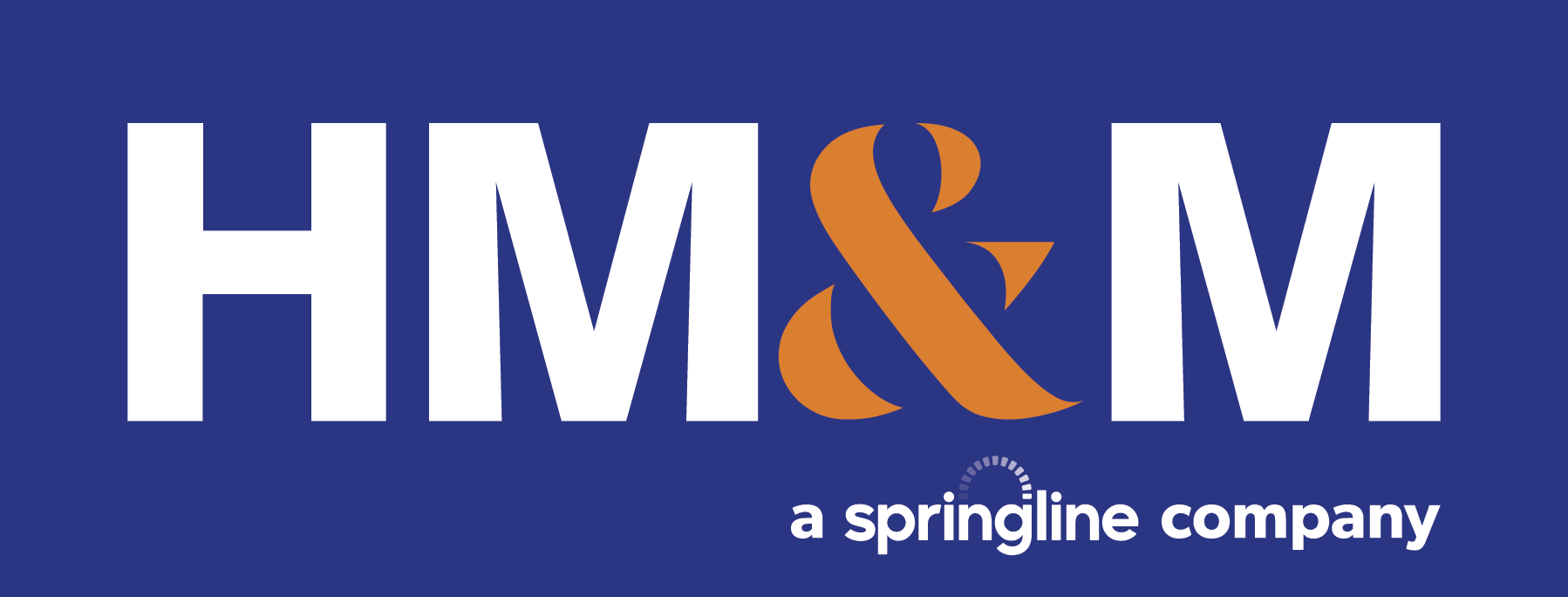On Saturday, August 8, 2020, President Trump took executive action and signed four Coronavirus Pandemic Relief orders to provide immediate and vital relief to Americans struggling in this difficult time. One of the four directives in the Presidential Memorandum was to “defer the withholding, deposit, and payment of certain payroll taxes.”
On Friday, August 28, 2020, the IRS issued guidance for employers in IRS Notice 2020-65.
Below is summary of the issues covered by the guidance:
- Optional: The “deferral” provision is an option that affected businesses may choose to implement. It is not mandatory. The Notice allows, but does not require, employers to postpone payroll taxes. It is non-binding and employers will need to decide whether to opt-in. The notice does not address an employee’s choice to opt-in or opt-out if the employer chooses to implement the deferral provision.
- Qualifying (Affected) Employees: The deferral is restricted to any employee whose wages or compensation, as applicable, payable during any bi-weekly pay period generally is less than $4,000, calculated on a pre-tax basis, or the equivalent amount concerning other pay periods (equivalent to roughly $104,000 annually). Please refer to the Notice for definition of “applicable wages” for this purpose.
- Qualifying Payroll Taxes: The deferral applies to the Employee’s portion of Social Security taxes (6.2%) or the railroad retirement tax equivalent.
- Eligible Period: The period eligible for deferral is September 1, 2020, through December 31, 2020.
- Tax Deferral: There is no reduction or cut in Payroll Taxes, it’s considered a “Deferral”. The notice postpones the withholding on affected employees’ compensation during September 1 through December 31 of 2020 and deposit of the same, until the period beginning on January 1, 2021, and ending on April 30, 2021, or interest, penalties, and additions to tax will begin to accrue on May 1, 2021, with respect to any unpaid Applicable Taxes.
- Employer Liability: The guidance states that, if necessary, employers can “make arrangements to otherwise collect the total Applicable Taxes from the employee.” However, it does not provide any additional guidance on how this can be achieved. So, employers can choose to repay the deferred taxes or collect them from employees – in other words, the employer is ultimately liable for paying the deferred tax.
NB: The Notice does not address Social Security tax for self-employed persons.
For questions, please contact your HM&M advisor.
For more information check out HM&M’s COVID-19 Resources page.
HM&M COVID-19 ResourcesLatest Blog
Businesses can make many last-minute moves at the end of the year to lower their tax bills, but ...
To manage their finances and accurately file their taxes, most small business owners must choose between two accounting ...
Regularly review who’ll receive your assets. Do you know the meaning of the term “nonprobate assets?” These assets ...
HM&M Updates
DALLAS, Dec. 11, 2024 – Springline Advisory, a trailblazing financial and business advisory firm, is proud to announce its partnership ...
Last month, Senior Manager, Pearl Balsara was invited to speak at the 2023 FPA DFW Annual Conference in ...
We are pleased to announce the winners of the 2022 HM&M Excellence Awards. Ronna Beemer, Keith Phillips, and ...










